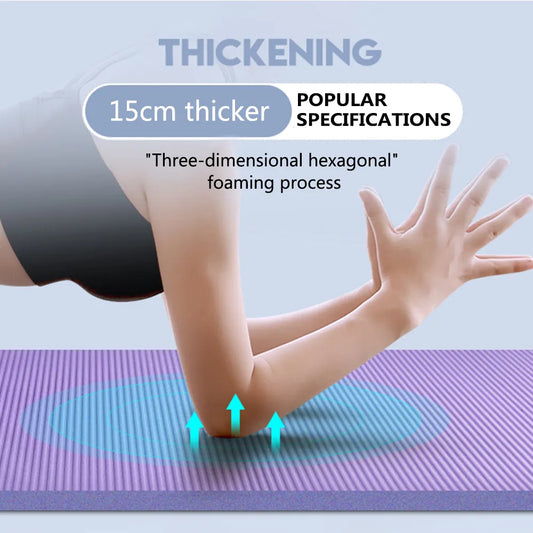A yoga instructor is a trained professional who guides students through yoga practice, offering instruction, guidance, and support to help them develop their practice and achieve their goals. Here are some key aspects of being a yoga instructor:
-
Certification and Training: A yoga instructor typically completes a yoga teacher training program to gain the necessary knowledge and skills to teach yoga. These programs are offered by various yoga schools and organizations and typically cover topics such as yoga philosophy, anatomy, teaching methodology, and hands-on practice.
-
Teaching Style and Approach: Yoga instructors may specialize in specific styles of yoga such as Hatha, Vinyasa, Ashtanga, Iyengar, Kundalini, or Restorative yoga. They develop their unique teaching style and approach, incorporating elements such as breath work, meditation, alignment cues, and modifications to suit the needs of their students.
-
Class Planning and Sequencing: Yoga instructors design and plan yoga classes, including selecting appropriate poses, creating sequences, and integrating themes or intentions. They consider the needs and abilities of their students, providing options and modifications to accommodate different levels of experience and physical abilities.
-
Instruction and Cueing: During yoga classes, instructors provide clear and concise instructions, cues, and demonstrations to guide students through poses and sequences safely and effectively. They offer verbal cues for alignment, breath awareness, and mindful movement, helping students deepen their practice and cultivate awareness.
-
Assists and Adjustments: Yoga instructors may offer hands-on assists and adjustments to help students refine their alignment, deepen stretches, and experience poses more fully. They use gentle touch and verbal cues to provide support and encouragement while respecting the boundaries and comfort levels of their students.
-
Creating a Safe and Inclusive Environment: Yoga instructors create a welcoming and inclusive atmosphere where students feel supported, respected, and empowered to explore their practice. They foster a sense of community and connection among students, encouraging mutual respect and acceptance.
-
Continuing Education and Growth: Yoga instructors engage in ongoing learning, continuing education, and professional development to deepen their knowledge and skills as teachers. They attend workshops, trainings, and conferences, explore new styles and techniques, and seek mentorship and feedback from experienced teachers.
-
Ethical and Professional Conduct: Yoga instructors adhere to ethical and professional standards in their teaching practice, including maintaining student confidentiality, respecting boundaries, and upholding the principles of yoga philosophy such as ahimsa (non-violence) and satya (truthfulness).
Being a yoga instructor is a fulfilling and rewarding career that allows individuals to share their passion for yoga, inspire others, and make a positive impact on people's lives through the practice of yoga.




















